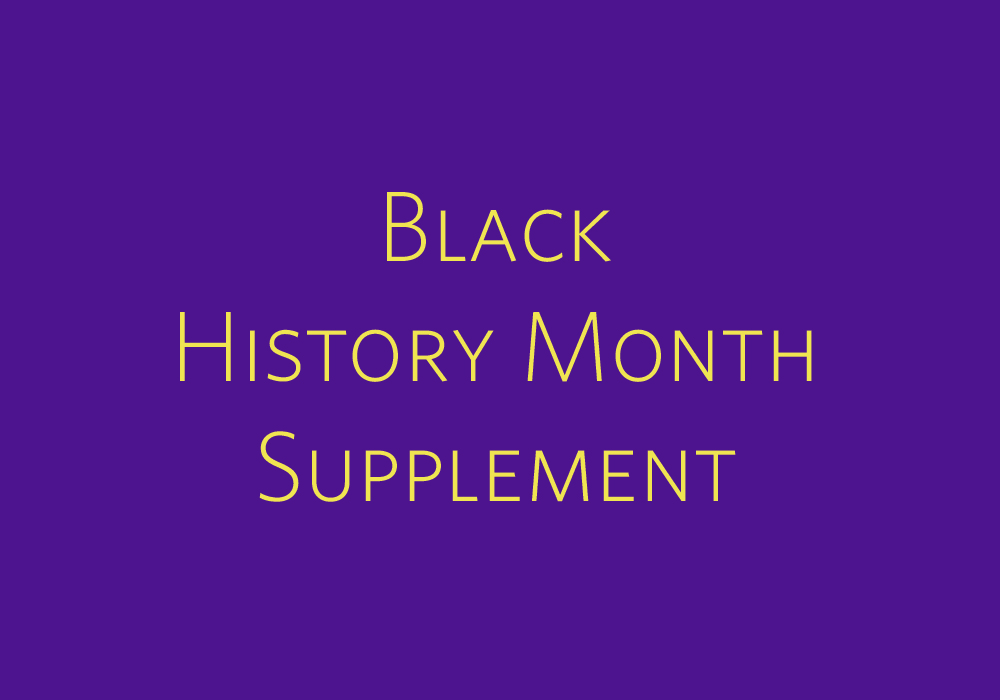Tadesha Sinclair
Contributor
On February 26, 2012, George Zimmerman fatally shot Trayvon Martin, an unarmed 17-year-old African American. A hearing was held two months later, in which Zimmerman was charged with second-degree murder and later acquitted by a jury. Throughout the trial, American media sources misrepresented and skewed evidence, at times claiming that Martin was armed or had in fact attempted to shoot Zimmerman.
The media and judicial response to the unjust murder of Martin was a pivotal point in the modern black struggle for equal recognition. It exposed how little police systems protect people, law systems protect wronged citizens, and media reports objectively about issues surrounding black lives. Incidents of police-related brutality are highest in relation to black people, yet officers rarely get convicted for their violence.
Mainstream American media, however, does not report or accurately report these cases, instead focussing on instances of black initiated violence. The Black Lives Matter movement is a response to the failure of American journalism. Black Lives Matter invented the hashtag, using it to spread awareness about the various and commonplace examples of police brutality towards black people. The movement does not solely focus on the killing of black lives by authorities, but instead decentralizes the power of media outlets, as anybody anywhere is able to speak out against institutionalized forms of violence on Twitter, Facebook, and other social media platforms. The barriers between consumer and producer are therefore shattered.
Black Lives Matter demands action in protecting black lives everywhere. In a way, it is the modern day Civil Rights Movement, as black people are still fighting against systematic forms of racism and oppression.
The hashtag is the modern embodiment of the underground black struggle. During times of slavery in the United States, black men and women used the Underground Railroad to make their way to freedom. In times of segregation, they met secretly in homes or churches, discussing and fuelling dreams of freedom. Today, as unarmed black youth are shot in their backs and left on streets like roadkill, adolescents beaten up or killed for their sexuality or gender, the struggle has moved to alternative forms of media. Cries of rage, frustration, and justice expressed through #blacklivesmatter have made the unnoticed persecution of black people known.
Professor Thomas Poell and PhD candidate Erik Borra of the University of Amsterdam claims, “As activists have always had difficulty communicating their point of view through the mainstream press, they have tried to develop their own media.” Black Lives Matter as a movement overcomes this issue. Instead of trying to assimilate their cause into mainstream media, it has created a more effective media of its own: the hashtag. The hashtag allows for a message to be shared immediately with countless people, and most importantly allows people to share various positions on an issue. The objective truth that conventional forms of media propagate posits singular approaches to being black and female, male, gay, straight, trans, and so much more. The use of the Black Lives Matter hashtag claims that to be black is to be more than the socially constructed identifiers. It is to be important and valued for oneself.
It is to have the undernoted, unrecognized wrongs seen as something that is relevant not only black people, but people in general.


